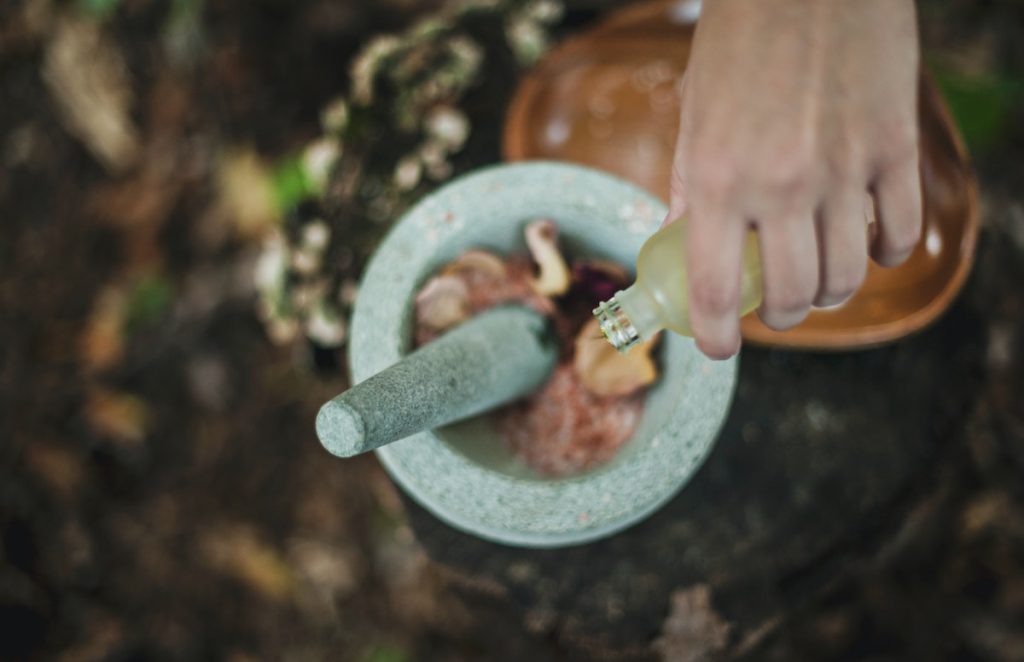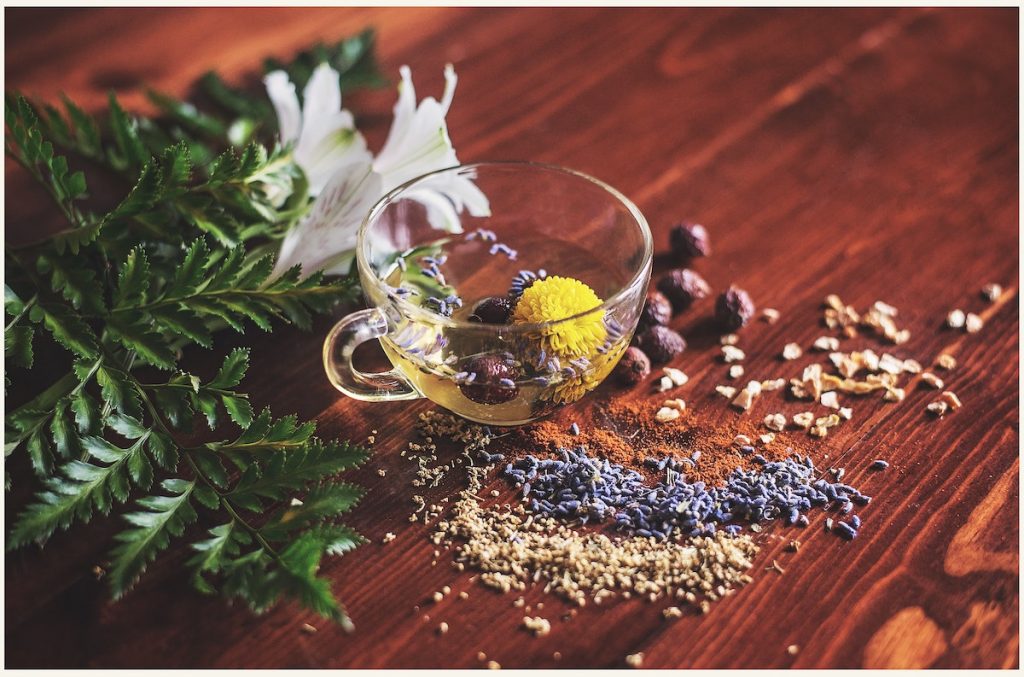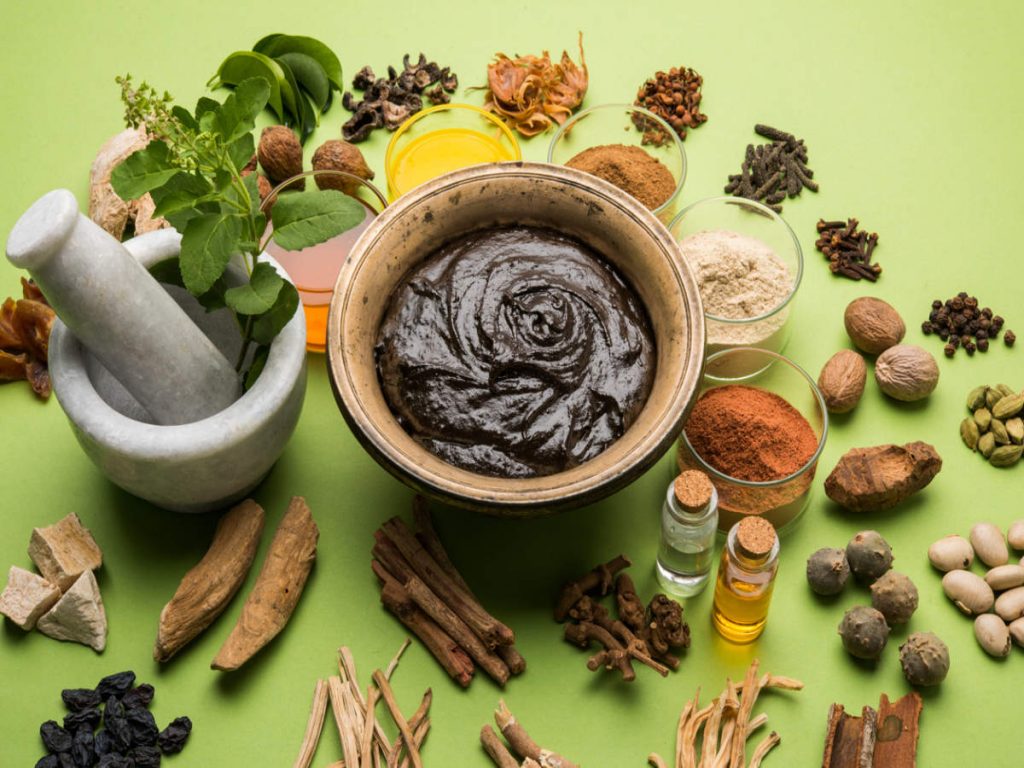अन्नाद्वै प्रजाः प्रजायन्ते । याः काश्च पृथिवीं श्रिताः । अथो अन्नेनैव जीवन्ति । अथैनदपि यन्त्यन्ततः ।
तैत्तिरीयउपनिषद् – Taittirīya Upaniṣad
This can be translated as – from food life springs forth, by food, it is sustained, and in food it merges when departed.
Such is the importance of the food we eat. The Taittirīya Upaniṣad mentions the Anna-māyā-kośa, or the external body – the food we eat becomes part of this sheath – our muscles, our bones and flesh, our cells, our blood.
In the truest sense – we are what we eat.

Why then, don’t we take utmost care of what we out into our bodies? Surely nothing can be more important than the process of making you, YOU?
The Vedāntā advocates mitāharā – mitā means moderate and āharā means food. It is one of the yamās of Yoga. Eat on time, when you are hungry, and the right kind of food. Ayurvedā also advocates regular fasting.
लंघनं परम् औषधं
Langhanam param aushadham – or fasting is the best medicine.
Science has also conducted a lot of studies on the subject. Fasting increases Autophagy – a process where the cells of the body, being denied external food, engage in a sort of ‘clean house’ process, where older and degraded cells are broken down and the cell bits and proteins are recycled, so that new and healthy versions can be built. Autophagy is believed to be essential for helping protect against diseases like cancer and dementia, among others.
So fasting, coupled with right eating, sounds like the way to go. A lot of you must have heard of intermittent fasting (IF) – well in India, we have been doing it for ages. Not just one way of IF mind you. These include Ēkādaśī fasts once every 14-15 days, ektānā fasting – or one meal a day, dharnā-parnā – or eating on alternate days only, and vrata – or devotional fasting.
Here are a few basics to help you get started. These are three steps – the subject is vast and I will be writing about it as and when I try out the methods myself. For now, think of this as a starter kit.
One – Eat warm water when you wake

The first thing that you need to do when you wake is to eat warm water. I said eat deliberately – the process (always) has to be deliberate, taking a sip, swishing it around your mouth, and then gently letting it down the throat. Gulping down water (and food) does no good to your body. You can add a dash of lemon if you need. The warm water stimulates your insides, the gastrointestinal tract, and helps with motions that follow. I advocate sipping warm water throughout the day – it keeps the system clean. But if not throughout the way, at least the first thing in the morning.
Two – Fast
Of course this was coming. But how does one fast? For starters, try twice a month – the dates are calculated based on the phases of the moon (for best benefit) – so you can start on 19th April, and then every 11 days from there. Start by having just fruits and water – in moderation, not a fruit platter into three times a day!

Eat only when you feel the Jāṭharāgni (digestive juices) in your tummy.
A small fruit, and some warm water. Start and sunrise, and break the fast after 24 hours. Ease into the normal food routine – which means the first meal you have after the fast will be very light, and then moderation as always required. This simple method of fasting will allow you to get into the habit of letting your digestive system have a rest on a regular basis, and move on to higher forms of fasting in the months to come.
Three – Eat at regular times, but only when hungry
If you have a pet at home, you would notice it’s inherent control mechanism when it comes to food. It only eats when hungry, and when sick, the best treat would not interest it. Animals maintain their digestive systems without the need for any dietician, it’s only us humans who ended up being wiser..hmmm…
Anyways, the key here is to fix certain timings when it comes to food. Morning around 8, afternoon around noon and then evening around 7. Try and have your meals in this time band (this is what I follow). Also, don’t overeat – you should stop when your tummy is 3/4th full. And if you don’t feel like eating – don’t. That’s your body telling you something – so heed to it.
These three simple steps can help you embark on a journey where food doesn’t become a chore, or an over-indulgence, where food becomes an experience in itself – not the fine-dining variety – the other one.
When you feel connected to what you eat, when you taste and relish each morsel, and when you realise that food is a blessing.
And so is this body – that takes food in it’s various forms and makes it part of you – all in a couple of hours. What a wonderful process!
I cut small pieces of tomato, pear and cucumber and keep it out there, for my feathered friends. Haven’t seen them becoming obese, nor have they read this article to know about how food works. They have always known it – and so had we.
We just forgot it along the way.
Here is them reminding you of it:)

Pingback: 21-day Sādhanā challenge – Day 21 – the beginning – Shihan Rohit Ghai